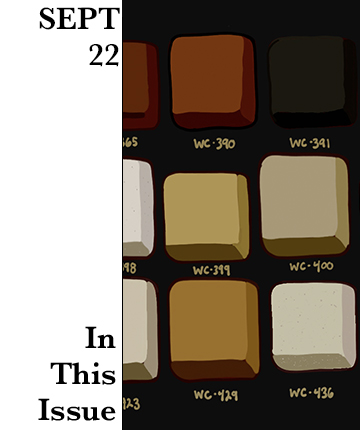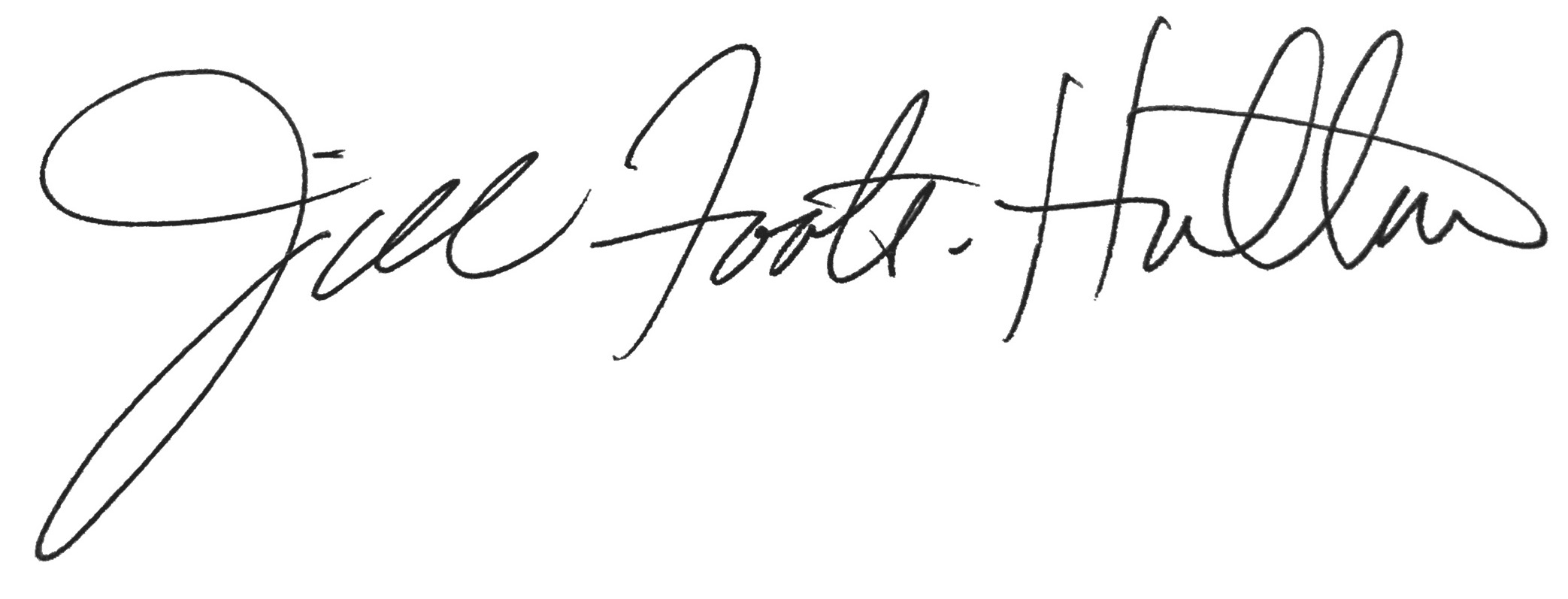 This morning the air had that snap. “Oh, here we go,” I happily thought while letting the dogs out to run a bit. Of course, it was almost ninety by midday, but Fall is on the way. Musing about the colors that will follow the sun’s warming departure, sipping on the first cup o’ joe, wondering how to summarize this month’s articles, I remembered…
This morning the air had that snap. “Oh, here we go,” I happily thought while letting the dogs out to run a bit. Of course, it was almost ninety by midday, but Fall is on the way. Musing about the colors that will follow the sun’s warming departure, sipping on the first cup o’ joe, wondering how to summarize this month’s articles, I remembered…
It was a cold, winter evening and the night ate up more than half of the day. The air outside brought a dampness that encouraged the growth of spongey moss as much as it tormented arthritic knuckles, tired from years of wedging. The day had started with the warming of hands around a mug before crossing the frozen courtyard. The crossing was always delayed by the donning of woolen gloves and scarf and sweater and socks – the first calisthenic performed in preparation for the studio. Back and forth like this throughout the shortening days: entering the studio warmth, shedding winter accoutrements, working the clay into deeply, theoretical forms for hours, trekking back across the yard to write more applications and proposals, and always (at least it felt like always) the answer came back with refusal. Somehow, during that winter residency, the refusals felt colder than the damp wind of winter.
This was the atmosphere my friend occupied many years ago. In a distant land, hoping to stay, feeling homesick for the place they were in. Things were hard. The vibe was heavy. Entering the kitchen, after the final courtyard voyage, they hoped to find some comfort in the evening’s family-style dinner.
The thing was – this must have been one too many nights of watching a dark cloud enter through the door for a colleague who was already in the kitchen. A colleague who didn’t wear life quite so heavy.
“Your mood is bringing everyone down.”
“Life isn’t as easy for some of us as it seems to be for you. What ARE you smiling about all the time anyway?!”
“Being happy is a choice! I work at it every day!”
Suffice it to say, no one was too happy in the kitchen at that moment. Unfortunately, I think the exchange resulted in a lasting wedge between the two parties. That’s how I came to know about it anyway, the smudge mark on the shiny soul who grew dark and angry sat like a tiny, but persistent splinter under my friend’s skin. Whenever the other’s name came up, as it did when I made a reference to their seemingly endless energy and conviviality, my friend said, “You wanna bet?” Then the kitchen scene was related.
And why am I relating it now?
Because the thought that being happy is a choice has stuck with me as the moral of that story. Recently my interpretation of the sentiment has evolved. I’ve questioned it, knowing happiness is not always as simple as making a choice. However, along the evolving and socially tumultuous road our little ceramics community travels with the rest of the world, it has occurred to me more than once that we ceramists are a lucky bunch of people. Regardless of whatever hardships or inequities we face, we understand something about choosing a path and the ability to define our own reality. Aside from the necessity of a second revenue stream, I think the teaching component of our craft (academia, workshops, apprenticeship, YouTube) is also motivated by a desire to share the joy of creating something from nothing. The natural byproduct of creativity is developing an ability to make a life on your own terms.
The person in the kitchen was frustrated, and oversimplified human emotion with a blanket statement, but my understanding of the moment comes down to something I see connecting the stories this month: perseverance, commitment, and an ability to understand that recognizing the darkness doesn’t mean you blow out the light.
First, Antonio Vivas has left our realm. The founder and lifelong editor of Spain’s Revista Cerámica is honored beautifully by his “grandson” Ícaro Maiterena and Roberta Griffith graciously translated it. The article is a poetic memorial and expansive history lesson in one fell swoop. Vivas could have been, and probably was, overwhelmed by the burden he felt as a steward of ceramics history. Maiterena and Griffith were overwhelmed with grief at losing their colleague, mentor, and friend. All three of them chose to see beauty and joy, not blind to life’s tragedies, but grateful for depth of meaning and kinship. The tribute, Dear Antonio Vivas, will no doubt move you too, regardless of whether you were familiar with the man and his work or not. You’ll want to know more about them both after you read.
Khalil Jannah wrote The Clay Hierarchy, and it's FREE to the general public. It’s serious stuff and after the first couple of paragraphs some readers might think to themselves, “Oh no, here comes the dark cloud.” But I’ll tell you right now: he’s just shining a light, asking why some things are the way they are, and pointing out likely reasons. It never would have occurred to me to look at the Clark Doll experiments alongside the hierarchy of clay bodies. Even as he critiques, his joy for the material is evident. Jannah sees the joy in craft and in his life. Not instead of the pain, despite it.
Tea, Comics, Sea Shanties, and Other Consistent Threads is a jovial enough title, but there is a little melancholy too. Paige Quinton writes, “I don’t have a familial ceramic tradition to look back on and apply to my own, nor do I have thousands of years of local ceramics history to draw on in my home of Vancouver. I have no story in clay to continue. No pots in my household have been passed down through generations,” but they don’t stay there, in that bleak head space. Honestly, it’s a little misleading for me to only give you that quote but indulge me for the dramatic effect. In all seriousness, Quinton is looking directly into the gaping abyss, asking, “Where am I in all of this?” The answer is not booming positivity, but it is a choice to move forward in peace with unknowing.
And finally, out in the great, wide open that is Wyoming, Stephen Mullins saw wood-fire potential, even though he had minuscule experience with the process. No Experience, No Land, and No Money is a title as bleak as Quinton’s is jovial, but don’t fear. Mullins met obstacle after obstacle with, “What can I do now?” Simon Levin and Mike Tavares joined him this summer to build a kiln for the people, for all the people. Maybe you’ll go out to Sheridan and fire with them one day.
Each one of the September authors is choosing to put one foot in front of the other and persist with gratitude and a lot of damn work. Which reminds me:
You know it's never been easy
Every day for everybody ain't breezy
And I hope you realize, when you look into another person's eyes
You know today would be a very good day just to have a good day
Yep, I just quoted Michael Franti. Welcome to fall everyone. Keep up the good and important work you are doing.
Be well everyone and thanks for reading,

Jill Foote-Hutton, co-editor
